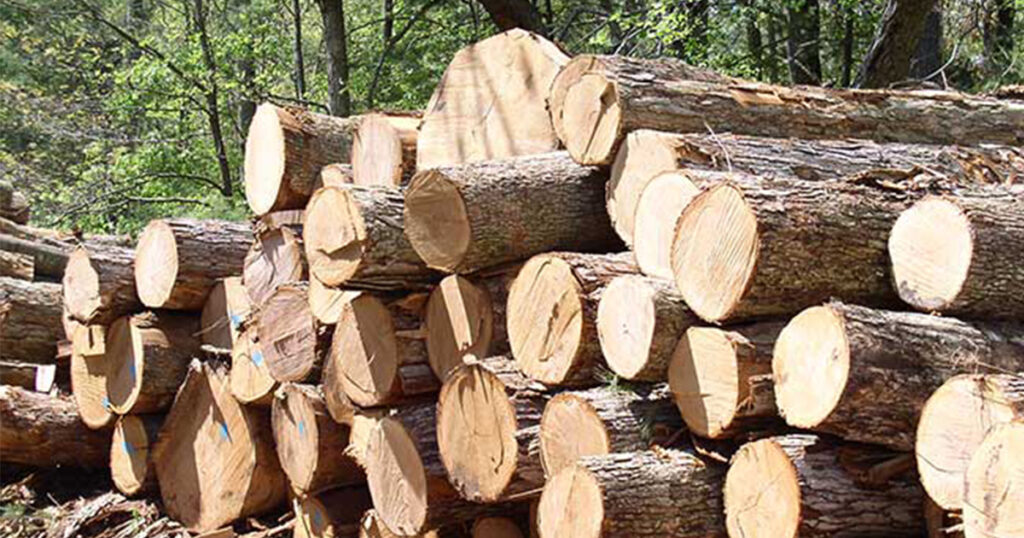Africa lumber exchange actually trapped in the forest.
Nile Citizens African foresters maintain that an adjustment of government strategies should permit simpler exchange wood, exploiting accessible timberlands and to get rid of shifty shipping lanes.

They contend that old fashioned regulations are, as a matter of fact, fuelling unlawful gathering and offer of trees which thus make misfortunes income organizations.
This is on the grounds that, as per Dr Joshua Cheboiwo, the Chief Kenya Ranger service Exploration Establishment (Kefri), transboundary wood exchange Africa is overwhelmed by casual administrators who frequently come up short on essential licenses, criminal operations including under-announcement of amounts at borders, the utilization of unregulated and informal line focuses, and misrepresented documentation frequently bring about gigantic misfortunes in timberland assets and incomes.
“Worldwide, the unlawful wood exchange adds up to, between $30 billion and $100 billion. In East Africa, Kenya-Tanzania unlawful exchange brought about the deficiency of 70,000 hectares of woods and $10 million in predestined income,” he said

“Africa flaunts huge ranger service assets and products natural substances for handling abroad. We are close to third in material base on the planet. However, all we need is interest in handling. Africa imports tertiary handled items esteemed at $4 billion with just a simple 10 percent intra-African exchange,” added Dr Cheboiwo, who was the Featured expert during a territorial ranger service studio held in Nairobi last month.

The gathering coordinated by the African Woods Discussion (AFF), a mainland hall for foresters, (July 3-7 2023), united 70 ranger service partners from 17 African nations to share data and encounters on timberland preservation and tree-based biological system administrations for socioecological flexibility against environmental change.
Studies authorized by AFF on the landmass uncovered that Africa’s commodity challenges in the ranger service area are mind boggling.
The exploration papers revealed a shortage of recorded exchange information on timberland items happening between borders, for instance.
They showed that the amounts and deals stay obscure, featuring the hid an open door for states to create critical income.
As indicated by Dr Cheboiwo, endeavors have been made to censure unlawful logging exercises, however less consideration has been given towards carrying out changes.
Frail coordination among offices in particular nations, clashing regulations and strategies, unfortunate implementation guidelines, plot, and defilement contribute fundamentally to driving unlawful wood exchange, he contended.
Global Association of Preservation of Nature (IUCN) and Worldwide Show on Exchange Jeopardized Species (Refers to), he said, had singled African Sandalwood and African Rosewood as the two species most impacted by unlawful exchange SSA nations for exceptionally esteemed properties for fragrances and extravagance furniture in India and China separately.
“The advancement of intra-African ventures and exchange can fundamentally affect work creation and by and large monetary improvement across the landmass. To accomplish these objectives successfully, African countries need to embrace measures under the AfCFTA that work with smooth development of timberland items and administrations across borders.”








